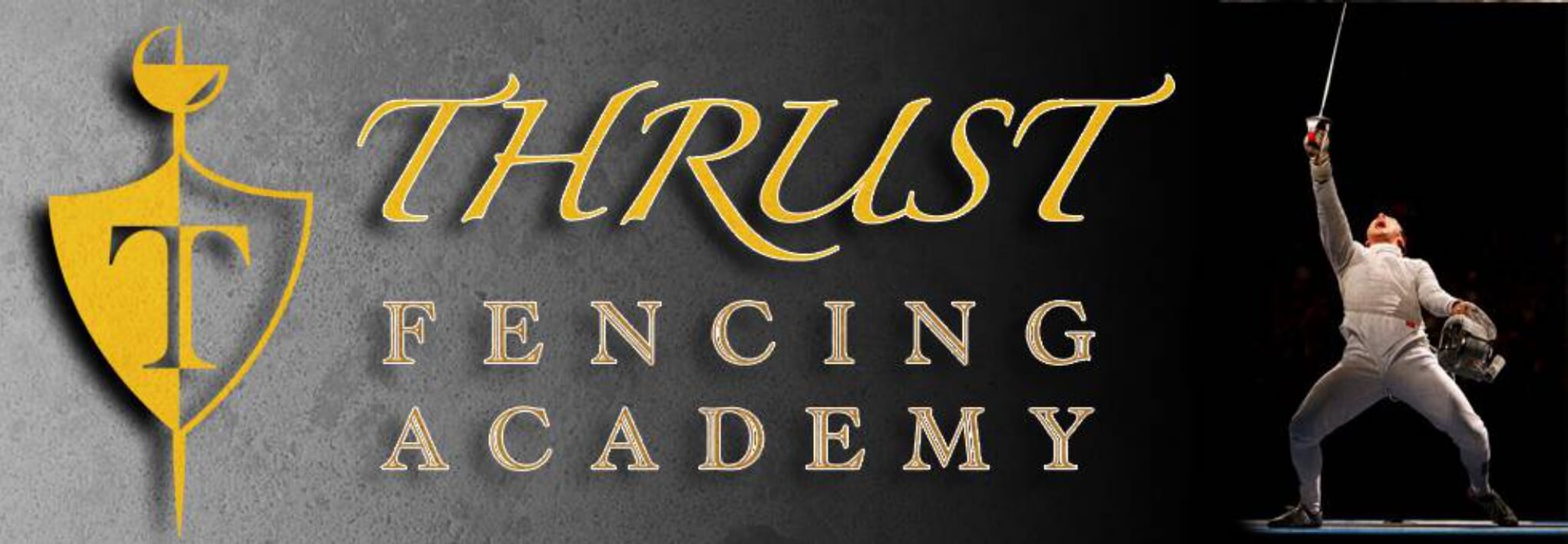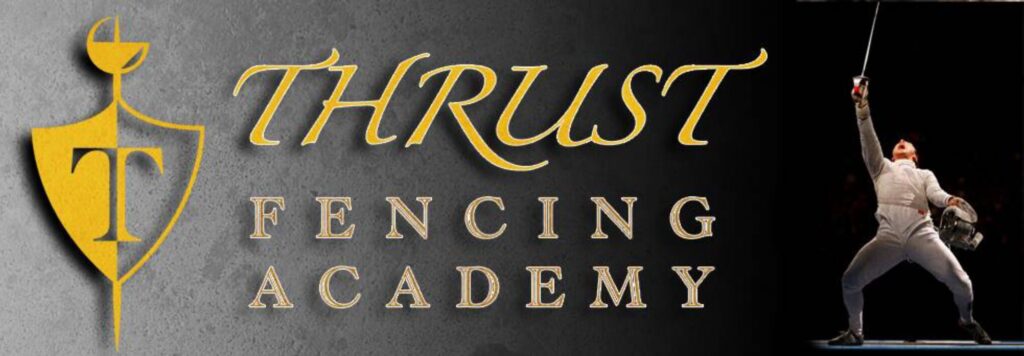She’s been using her or him on and off for the past couples ages to possess times and you will hookups, whether or not she quotes your texts she get has actually about a great 50-fifty proportion from imply otherwise disgusting never to indicate otherwise terrible. “While the, of course, these are typically hiding behind technology, proper? It’s not necessary to in fact face the person,” she claims.
Wood’s instructional manage matchmaking apps try, it is worthy of discussing, things regarding a rareness on the wider lookup landscape
Probably the quotidian cruelty of application matchmaking is available because it’s relatively impersonal in contrast to establishing dates into the real world. “More and more people relate with which just like the an amount procedure,” claims Lundquist, the brand new couples therapist. Some time tips is minimal, while you are fits, at the least in theory, aren’t. Lundquist states just what the guy phone calls the “classic” circumstance in which some body is on a beneficial Tinder big date, then would go to the toilet and you may foretells about three someone else for the Tinder. “So you will find a determination to go on more quickly,” according to him, “ not fundamentally a good commensurate boost in ability within generosity.”
Holly Timber, exactly who blogged her Harvard sociology dissertation this past year towards singles’ practices on the online dating sites and you may matchmaking applications, heard these unattractive tales too. And you can immediately following speaking to over 100 upright-determining, college-educated people in the San francisco about their event on relationships programs, she firmly thinks that when relationships software don’t exists, such everyday acts out-of unkindness when you look at the relationship is not as well-known. But Wood’s concept is the fact folks are meaner because they become such they might be getting a stranger, and you can she partially blames the fresh new small and you will nice bios advised into the the newest apps.
This woman is simply educated this creepy otherwise upsetting choices when this woman is dating using applications, perhaps not when relationships some one she is met for the real-lifestyle societal options
“OkCupid,” she remembers, “invited walls of text. And that, for me, was really important. I’m one of those people who wants to feel like I have a sense of who you are before we go on a first date. Then Tinder”-which has a 500-profile restrict to own bios-“happened, and the shallowness in the profile was encouraged.”
Timber and unearthed that for most respondents (particularly men respondents), programs got effectively changed relationships; to phrase it differently, the amount of time other generations of single men and women possess spent taking place schedules, this type of single people invested swiping. Some of the men she spoke so you can, Timber says, “was saying, ‘I am putting plenty really works to your matchmaking and I am not bringing any results.’” Whenever she requested stuff these were doing, they told you, “I’m to the Tinder for hours every day.”
That large problem regarding understanding how relationships programs has actually affected relationship habits, and in composing a story similar to this that, is the fact many of these software only have existed to own 1 / 2 of ten years-scarcely for a lengthy period having well-designed, relevant longitudinal education to even getting financed, let alone conducted.
However, perhaps the lack of difficult investigation has not averted matchmaking gurus-one another those who study they and people who would much of it-of theorizing. There can be a well-known uncertainty, eg, you to Tinder and other matchmaking applications can make anybody pickier or a whole lot more reluctant to settle on just one monogamous companion, a theory that the comedian Aziz Ansari spends a good amount of big date on in his 2015 book, Progressive Romance, created on the sociologist Eric Klinenberg.
Eli Finkel https://besthookupwebsites.org/pl/meddle-recenzja/, however, a professor of psychology at Northwestern and the author of The All-or-Nothing Marriage, rejects that notion. “Very smart people have expressed concern that having such easy access makes us commitment-phobic,” he says, “but I’m not actually that worried about it.” Research has shown that people who find a partner they’re really into quickly become less interested in alternatives, and Finkel is fond of a sentiment expressed in a 1997 Record out of Character and you can Social Mindset papers on the subject: “Even if the grass is greener elsewhere, happy gardeners may not notice.”

